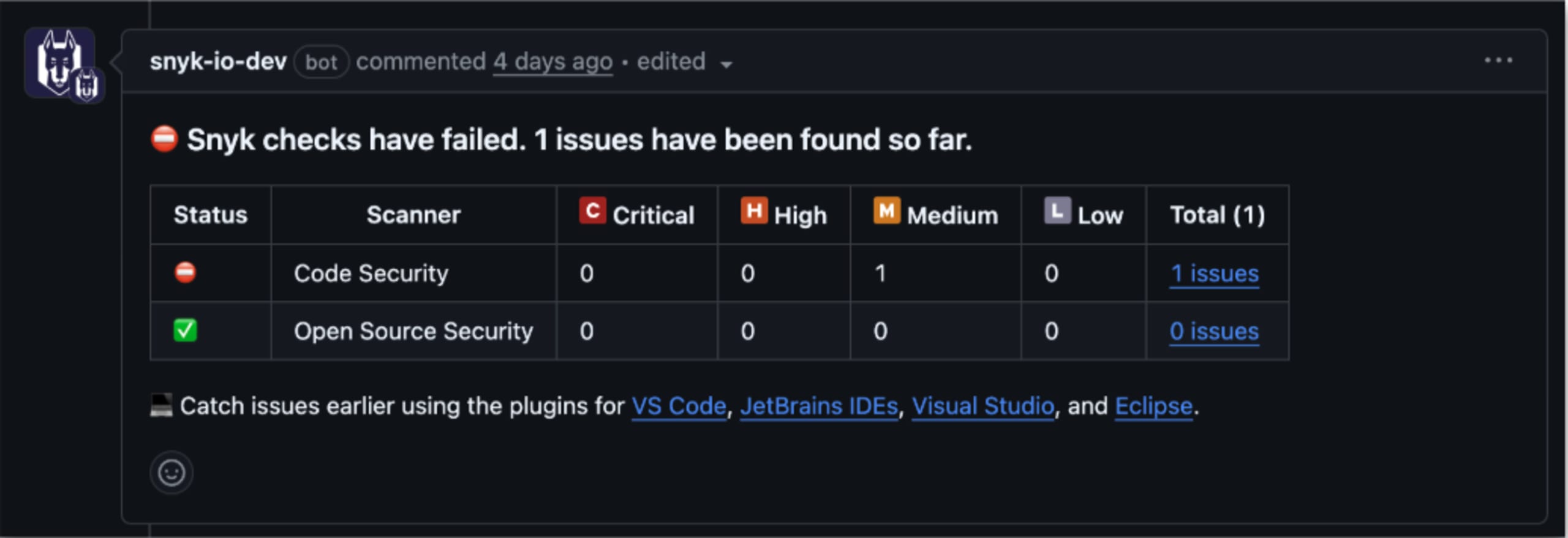PR Checks Report is now available in Early Access
We’re excited to announce the Early Access launch of the PR Check Report, a powerful new way to see how PR checks are performing and driving security outcomes across your organization. This release sets the stage for measuring the true security impact of PR checks across your organization and strengthening your overall prevention posture.
The current release of the report helps you:
Monitor performance: Track pass, fail, error, and marked-as-successful rates over time across Snyk Open Source and Snyk Code checks.
Measure coverage: Understand where PR checks are enabled across your repositories to identify adoption gaps.
Uncover recurring errors: Surface common error types and configuration issues to improve scan reliability and developer confidence.
Feature highlights:
Flexible filters by time window, Snyk product (Snyk Open Source / Snyk Code), and project parameters like origin (SCM) and asset class.
Org, Group, and Tenant-level insights into PR check performance and coverage.
Export options for deeper data exploration and sharing.
The report is available under Analytics in the All Reports section for Tenant-level visibility. You can also find it in the Reports section of your Group or Organization by selecting Pull Request Checks Usage & Performance from the Change Report menu.
Learn more in our user documentation and connect with your account team to share feedback or help shape upcoming improvements.
Mayank Khera | Senior Product Manager
